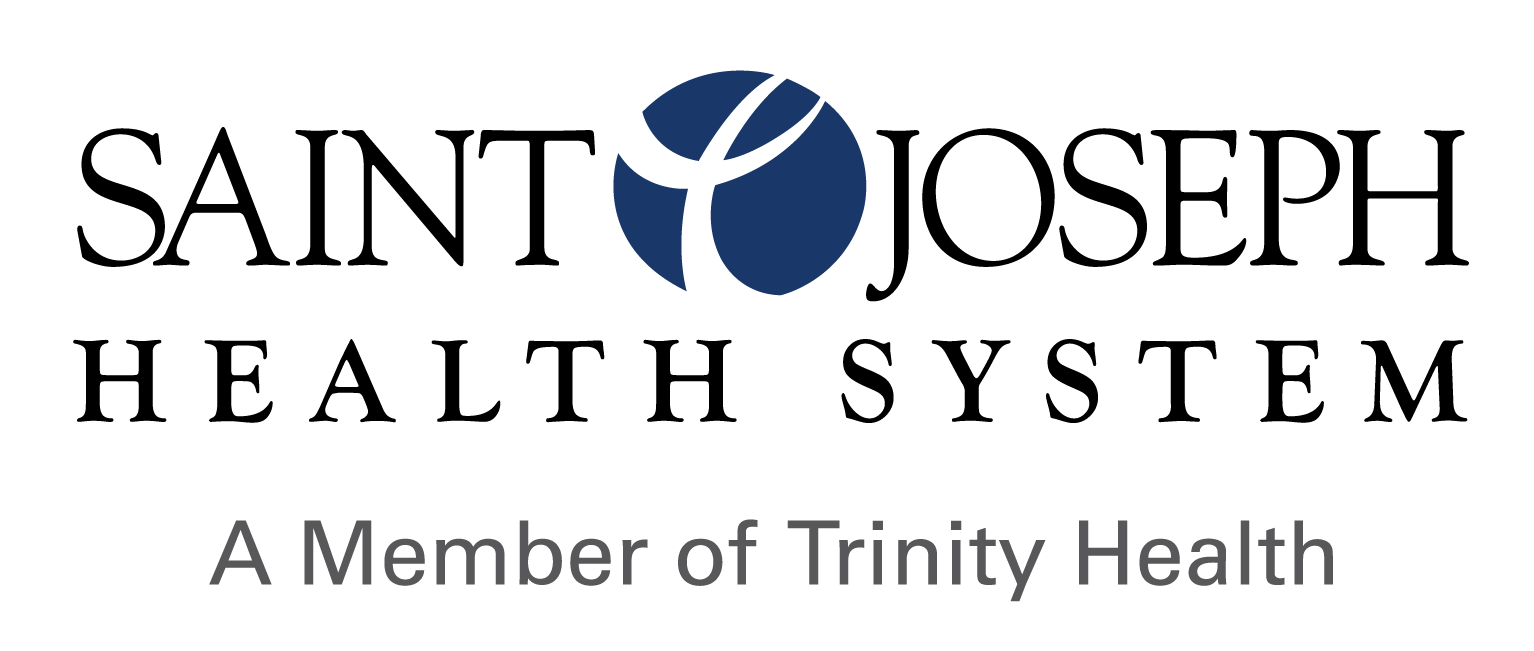Child immunizations are a cornerstone of public health, crucial for preventing severe and often life-threatening diseases. Immunizations, commonly referred to as vaccinations, protect children from various infectious diseases by stimulating the immune system to recognize and combat pathogens. This proactive approach not only safeguards individual health but also contributes to the overall well-being of the community.
Vaccines have a rich history, dating back to the late 18th century when Edward Jenner developed the first smallpox vaccine. Since then, scientific advancements have led to the development of numerous vaccines that target a wide range of diseases. Today, vaccines are a standard part of pediatric care, recommended by health authorities worldwide.
They have significantly reduced the incidence of diseases such as measles, mumps, rubella, polio, and whooping cough, among others. In many cases, vaccines have led to the near eradication of diseases that once caused widespread morbidity and mortality. By ensuring that children receive their vaccinations on time, we protect them during their most vulnerable years and contribute to the broader goal of eradicating preventable diseases.
Timing of child immunizations
The timing of child immunizations is meticulously designed to provide protection when children are most vulnerable to infectious diseases. The recommended immunization schedule, established by health organizations such as the Centers for Disease Control and Prevention (CDC) and the American Academy of Pediatrics (AAP), outlines the optimal times for each vaccine to be administered from birth through adolescence.
Recommended immunization schedule
From birth, children begin receiving vaccinations that continue through their teenage years. While the child's pediatrician will determine the specific immunizations, your child can expect a general immunizations schedule, such as:
- Birth: Hepatitis B vaccine
- 2 Months: DTaP (diphtheria, tetanus, pertussis), Hib (Haemophilus influenzae type b), IPV (inactivated poliovirus), PCV13 (pneumococcal conjugate), RV (rotavirus), and Hepatitis B (second dose)
- 4 Months: Second doses of DTaP, Hib, IPV, PCV13, and RV
- 6 Months: Third doses of DTaP, Hib, IPV, PCV13, and RV, along with the annual flu vaccine
- 12-15 Months: MMR (measles, mumps, rubella), Varicella (chickenpox), Hepatitis A, and final doses of Hib and PCV13
- 4-6 Years: DTaP, IPV, MMR, and Varicella boosters
- 11-12 Years: Tdap (tetanus, diphtheria, pertussis), HPV (human papillomavirus), and Meningococcal vaccine
- 16 Years: Meningococcal booster
Key milestones for immunizations
These milestones ensure that children receive protection during critical periods of development. For example, the initial doses of vaccines at two, four, and six months help build immunity against diseases like whooping cough and pneumococcal infections, which can be particularly severe in infants.
Catch-up immunization schedules
For children who miss scheduled vaccinations, catch-up immunization schedules are available to ensure they receive necessary vaccines as soon as possible. Health care providers can tailor these schedules to fit individual needs, ensuring no child is left unprotected. It’s important for parents to consult with the child's pediatrician to keep track of their child’s immunization status and adhere to the recommended schedule.
Benefits of child immunizations
Child immunizations offer a multitude of benefits, playing a vital role in promoting individual health and public safety. Vaccines are among the most successful and cost-effective public health interventions, significantly reducing the burden of infectious diseases.
Individual health benefits
Immunizations protect children from serious illnesses that can cause severe complications or death. For instance, vaccines against diseases such as measles, polio, and diphtheria have drastically reduced the incidence of these conditions. Immunizations also reduce the risk of long-term health issues associated with certain infections, such as the potential for liver cancer with Hepatitis B or congenital disabilities from rubella.
Community health benefits (herd immunity)
When a significant portion of the population is immunized, herd immunity is achieved. This phenomenon occurs when enough people are vaccinated, making it difficult for diseases to spread. Herd immunity protects those who cannot be vaccinated, such as infants, individuals with certain medical conditions, and those with weakened immune systems. By vaccinating children, we not only protect them but also contribute to the broader community's health, reducing the overall incidence of infectious diseases.
Long-term health benefits
Vaccines provide long-term protection against diseases, sometimes lasting a lifetime. For example, the MMR vaccine protects against measles, mumps, and rubella well into adulthood. Additionally, immunizations can prevent complications that arise from these diseases later in life, such as shingles, which is caused by the same virus as chickenpox. By vaccinating children, we lay the foundation for a healthier future, preventing outbreaks and reducing the need for medical interventions later on.
Side effects of child immunizations
While child immunizations are crucial for preventing serious diseases, it's important for parents to be aware of the potential side effects. Most vaccine side effects are mild and temporary, but understanding them can help parents make informed decisions and manage any reactions their children may experience.
Common mild side effects
Most vaccines cause mild side effects that resolve on their own within a few days. These can include:
- Pain or swelling at the injection site
- Fever
- Fatigue
- Mild rash
Serious side effects from vaccines are extremely rare, but they can occur. It's important to recognize these and seek medical attention if they arise.
It's important for parents to discuss any concerns about side effects with their health care provider, who can provide guidance and reassurance. The benefits of immunizations in preventing serious diseases far outweigh the risks of side effects.
Receive care for your child at Bourbon Family Medicine Clinic
Our office in Bourbon is committed to providing comprehensive health care services to families in our community. Our dedicated team of health care professionals strives to deliver high-quality medical care in a friendly and welcoming environment.
Bourbon Family Medicine offers a wide range of services, catering to patients of all ages. From routine check-ups and preventive care to the management of chronic conditions, our team is equipped to address various healthcare needs. We prioritize patient education, ensuring that families are well-informed about their health and wellness.
Families are provided essential services including child immunizations, physical exams, chronic disease management, and acute care for illnesses and injuries. Our comprehensive approach ensures that each patient receives personalized care tailored to their specific needs.
At Bourbon Family Medicine, our experienced physicians and staff are dedicated to guiding you through every stage of your health care journey. We emphasize the importance of vaccinations in protecting your child’s health and are here to answer any questions or concerns you may have about immunizations.
Conveniently located, Bourbon Family Medicine is here to serve families and welcomes new patients. For more information or to schedule an appointment, please visit www.sjmed.com/bourbon-family-medicine.

